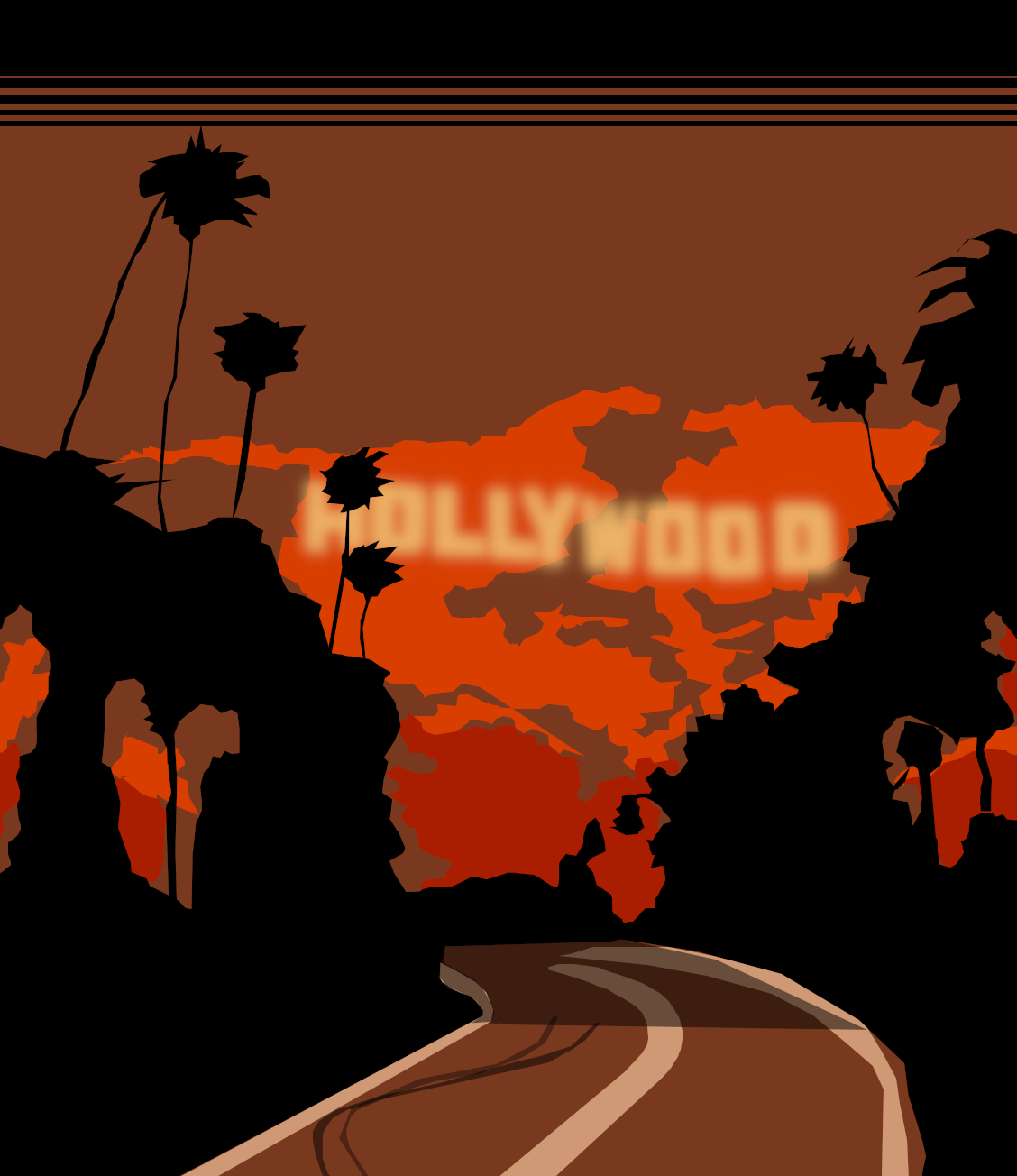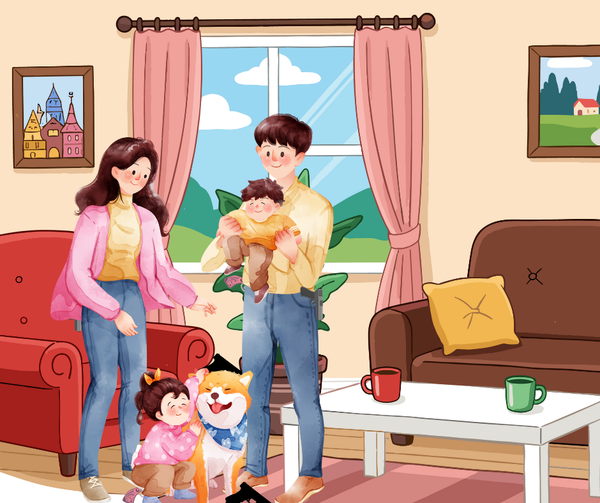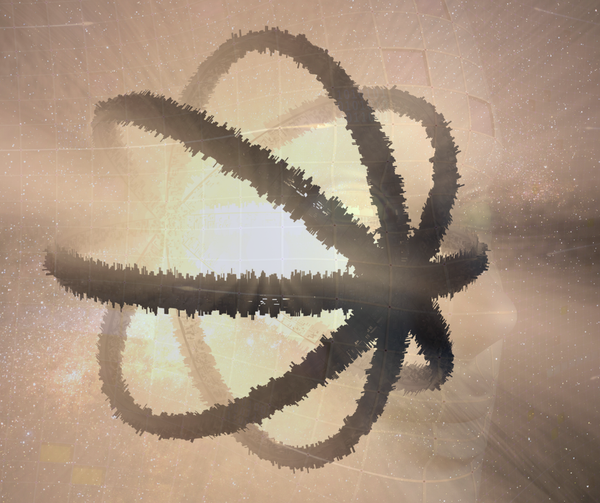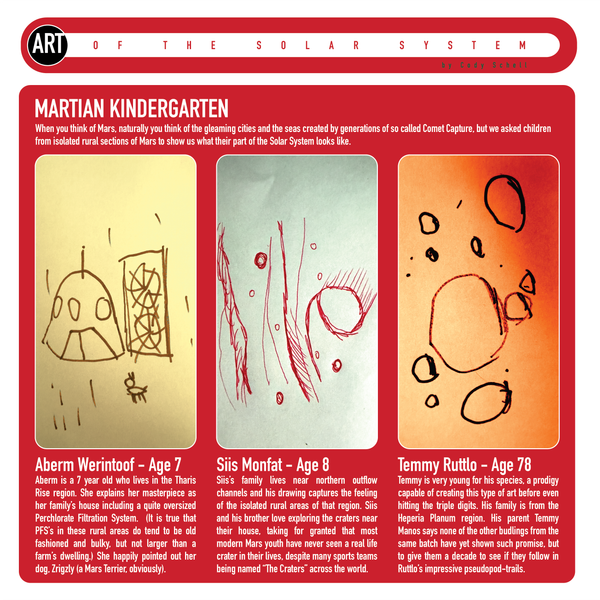A Personal History of Horror Films in 101 Quirky Objects #1 - Betty’s audition sides in Mulholland Dr. (2001)

by Vince Stadon
“Remember, I'll be watching for you on the big screen.” – Irene
I don’t know what Mulholland Dr. is about.
I’ve watched it dozens of times—always thrilled by it, always seduced by it, always perplexed by it. Sometimes I wonder if the next time I watch Mulholland Dr. will be the time it clicks open for me, revealing all the answers, releasing me from its spell. Other times, I think Mulholland Dr. has no answers at all, certainly not easy ones, and that’s the whole point: to never give itself away, to never fully be understood, to forever weave its spell. I find new things in this extraordinary film with every viewing, and I’ve put more thought into this essay than any other. I could write, I think, 101 essays on Mulholland Dr. (note to publisher: how about a book of essays on Mulholland Dr.?), and I still wouldn’t get close to unlocking its mysteries, understanding its themes, or interpreting its symbolism. And that’s great. That’s how it should be. When the blue box opens, we’re all sucked in to the uniquely strange world of David Lynch.
What struck me on my most recent viewing is the theme of acting, of performance, of Hollywood. Muholland Dr. doesn’t hew to a linear plot that could be easily summarised, but there is a major plotline concerning the character of Betty Elms (Naomi Watts) on her first visit to L.A., staying at her actress aunt’s Hollywood apartment and auditioning for a role in a film. Betty is peachy-keen, plucky, sweet, uncorrupted. She is absolutely thrilled to be in Hollywood, where dreams are made. Betty daydreams of being a big star, her name up in lights. It feels to me at least that nothing about Betty is cynical or jaded; she is not a parody of the bright-eyed innocent with big dreams who is swallowed up by the system and spat out as a broken, sullied, damaged individual (at best). Starlets becoming sex workers. And I believe in Betty’s authenticity, despite the third act (if dreams can have traditional Hollywood film structures) introducing us to Diane Selwyn (Naomi Watts).
Diane is the complete opposite of Betty: a dark, broken, twisted wreck of a human being who orders a hit on her ex-lover and then blows her own brains out. I think in some sense Diane is a role played by Betty, the actress, and that the last third of Mulholland Dr. is another movie within the movie, or a dream within a dream, or even a dream of a movie in a movie that feels like a bad dream. In short, I don’t think Betty is an archetype that is twisted in the final third. I think there is only Betty.
Betty almost immediately finds herself in a Hollywood movie plot involving a beautiful, mysterious amnesiac (the stunning Laura Elena Harring) who has a purse filled with money, a strange blue key, and scary men following her. The woman calls herself Rita after seeing a poster of Gilda (1946) starring Rita Hayworth. Betty is delighted to find herself in a movie plot, and she and a reluctant Rita set about an amateur investigation. Betty is a natural at this. She is as good in this role as she is in her audition.
Let’s talk about that audition.
We first get a scene of Betty running through lines with Rita. Betty is giggly, excitable, and her delivery is nothing special (though perfectly fine). In the room, with the director and a co-star and lots of other industry people, Betty is sexy, powerful, totally mesmerising. Her audition is so surprising, so intense, that it seems to come from a different character in a completely different movie. It doesn’t feel like Betty. It doesn’t feel like Diane (or Rita, or Camilla Rhodes, the other "actress” in Mulholland Dr.). The audition scene feels of a piece with the scariest thing ever put on film, which happens very early on in Mulholland Dr., in which an extremely anxious man named Dan (Patrick Fischler) is literally scared to death behind Winkie’s Diner. I scream every time. I sometimes get as anxious as Dan just thinking about this scene. I now feel the same way about Betty’s incredible audition. Where does it come from? How can Betty be like that? It scares me. It really does.
Betty was the breakout role for Naomi Watts. I still find her performance to be one of the greatest put on screen. She is exceptional. Watts has said that she knew exactly what to do in that audition. It wasn’t David Lynch who found Betty in that scene. Watts is performing Betty, who is performing so unlike the Betty we know that it’s genuinely scary and unsettling—and then she snaps back to familiar Betty and off she goes investigating again with Rita, as if she’s walking back into Mulholland Dr. There are layers of truth and artifice, of acting and Hollywood and films within films (we see Betty and Rita/Camilla Rhodes many times on movie sets, being directed) and dreams within dreams (one day I’ll count how many shots of beds there are). And aside from Betty’s audition, there is another standout performance: Rebekah Del Rio miming to herself singing “Crying” in Spanish, at 2 a.m. in Club Silencio. Her performance is so astonishing it moves Betty and Rita to tears. And me too. Me too.
Betty playing detective is all fun and games, until she and Rita find the decomposing corpse of a woman (the real Rita? Camilla Rhodes? Diane?) in Rita’s bed, but the "detective story” does at least become the very best kind of story: a love story. Betty and Rita become lovers. And there is a truthfulness, an authenticity to their love, and to their lovemaking, that could not be there if Betty was an archetype, a parody. Watts says that the sex scene was played genuinely, tenderly. In a film that plays with artifice and performance, truth and sincerity burn through so very clearly. There’s being playful, and then there’s being transcendent. I think the real genius of David Lynch is that he is both. Mulholland Dr. has scenes that are laugh-out-loud funny (mostly involving an inept hitman) right next to the horror of discovering a murdered woman decomposing in bed, fused by beautiful photography and a quite astounding score by Angelo Badalamenti. This is where art lives: in the transcendent.
Sometimes I like Diane Selywn more than I like Betty because Diane feels to me to be Betty in that audition, and that audition will not leave my head. At their very best, horror films dislodge bits of ourselves that we didn’t know were there: uncomfortable feelings and thoughts buried deep in the forests of our subconscious. Every now and then, a horror film will dig up something monstrous, and once unearthed, it can never be buried again. We walk around with this new thing inside us.
Mulholland Dr. is a film that could dig up a whole forest of horrors (the ending in particular almost makes me violently sick). Right now, it’s Betty’s audition that I’m sitting deeply uncomfortable with. Betty walks away, in a huddle with industry people who talk business and gossip, and Betty is back to being Betty, holding a few pages of script ("sides” as they’re called in the "biz”), but I can’t see Betty the same way now. I see a different Betty. I see a Betty dug up from that dark forest. This Betty will play Diane. This Betty will order a hit on Rita/Camilla. This Betty is going to pull out a revolver from her bedside drawer, and she’s going to put it to head and squeeze the trigger, and her brains are going to splatter all over the pillow and the wall. This Betty was always headed here.
This Betty was always headed for Mulholland Dr.
~
More obvious picks for an object to represent this film: The blue box from Club Silencio; Mulholland Dr. road sign; the blue key; the Hollywood sign; the pearl earring; the headshot of Camilla Rhodes #1; the headshot of Camilla Rhodes #2; the purse filled with money and the key; Diane’s Winkie’s name badge; Betty's Winkie’s name badge; the Espresso cup and napkin; the poster of Gilda; the golf club; the hat box; Diane’s gun
Mulholland Dr. (2001); 147 mins; US
Directed by David Lynch; Written by David Lynch; Produced by Mary Sweeney, Alain Sarde, Neal Edelstein, Michael Polaire, Tony Krantz; Cinematography by Peter Deming; Music by Angelo Badalamenti
Naomi Watts (Betty Elms / Diane Selywn); Justin Theroux (Adam Kesher); Laura Elena Harring ("Rita” / Camilla Rhodes); Ann Miller (Coco / Adam's mother); Dan Hedaya (Vincenzo Castigliane); Mark Pellegrino (Joe Messing); Brent Briscoe (Detective Domgaard); Robert Forster (Detective McKnight); Angelo Badalamenti (Luigi Castigliane); Michael J. Anderson (Mr. Roque); Katharine Towne (Cynthia); Monty Montgomery (The Cowboy); Lee Grant (Louise Bonner); Robert Katims (Ray Hott); James Karen (Wally Brown); Chad Everett (Jimmy Katz); Rita Taggart (Linney James); Richard Green (The Magician); Rebekah Del Rio (Herself); Melissa George (Blonde Camilla Rhodes / The Mistress); Geno Silva (Cookie / Emcee); Billy Ray Cyrus (Gene); Lori Heuring (Lorraine Kesher); Jeanne Bates (Irene); Patrick Fischler (Dan).




